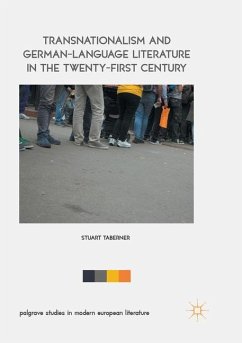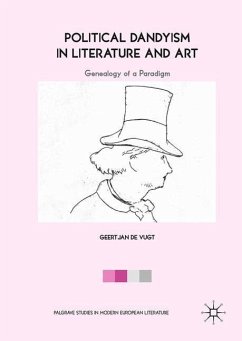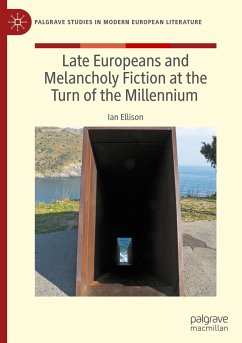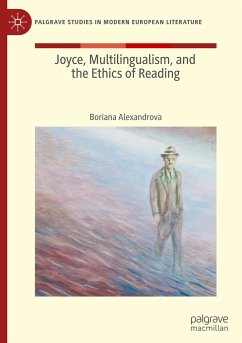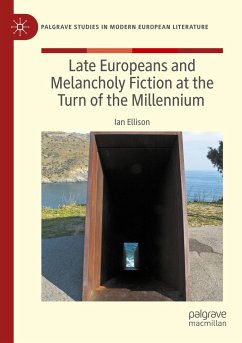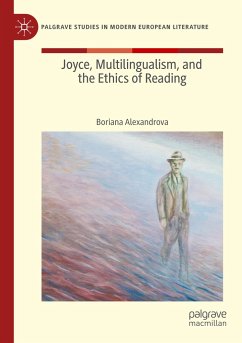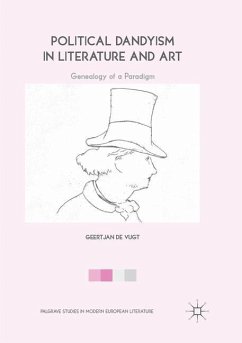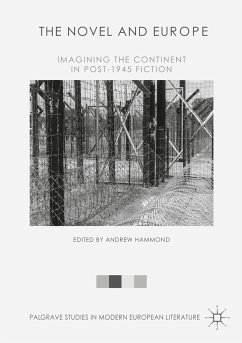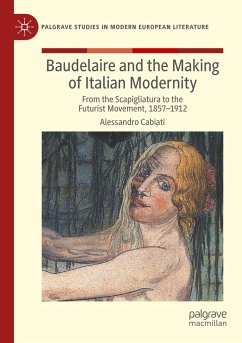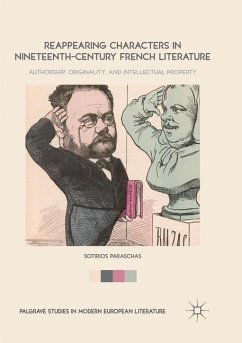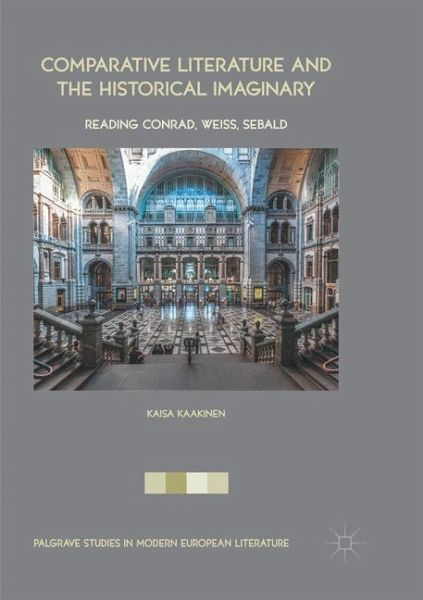
Comparative Literature and the Historical Imaginary
Reading Conrad, Weiss, Sebald
Versandkostenfrei!
Versandfertig in 6-10 Tagen
76,99 €
inkl. MwSt.
Weitere Ausgaben:

PAYBACK Punkte
38 °P sammeln!
This book argues that increasingly transnational reading contexts of the twenty-first century place new pressures on fundamental questions about how we read literary fiction. Prompted by the stylistic strategies of three European émigré writers of the twentieth century - Conrad, Weiss and Sebald - it demonstrates the need to pose more differentiated questions about specific effects that occur when literary narratives meet a readership with a heterogeneous historical imaginary. In conversation with reception theory, trauma theory and transnational and postcolonial studies, the study shows how...
This book argues that increasingly transnational reading contexts of the twenty-first century place new pressures on fundamental questions about how we read literary fiction. Prompted by the stylistic strategies of three European émigré writers of the twentieth century - Conrad, Weiss and Sebald - it demonstrates the need to pose more differentiated questions about specific effects that occur when literary narratives meet a readership with a heterogeneous historical imaginary. In conversation with reception theory, trauma theory and transnational and postcolonial studies, the study shows how historical pressures in the twentieth and twenty-first centuries require comparative literature to address not only implied but also various unimplied reading positions that engage history in displaced yet material ways. This book opens new analytical paths for thinking about literary texts as media of historical imagination and conceiving relations between incommensurable historical events and contexts. Challenging overly global and overly local readings alike, the book presents a sophisticated contribution to discussions on how to reform the discipline of comparative literature in the twenty-first century.





